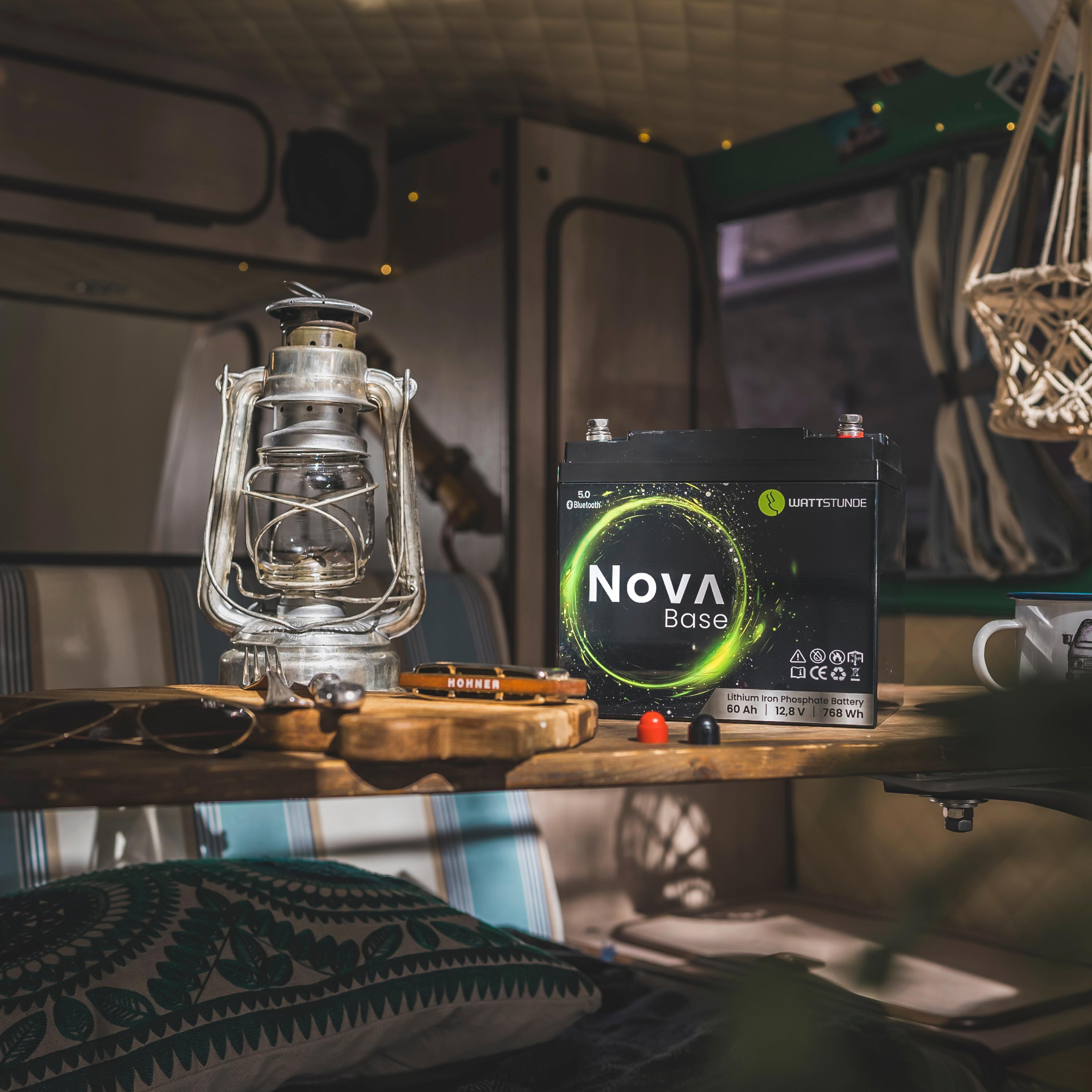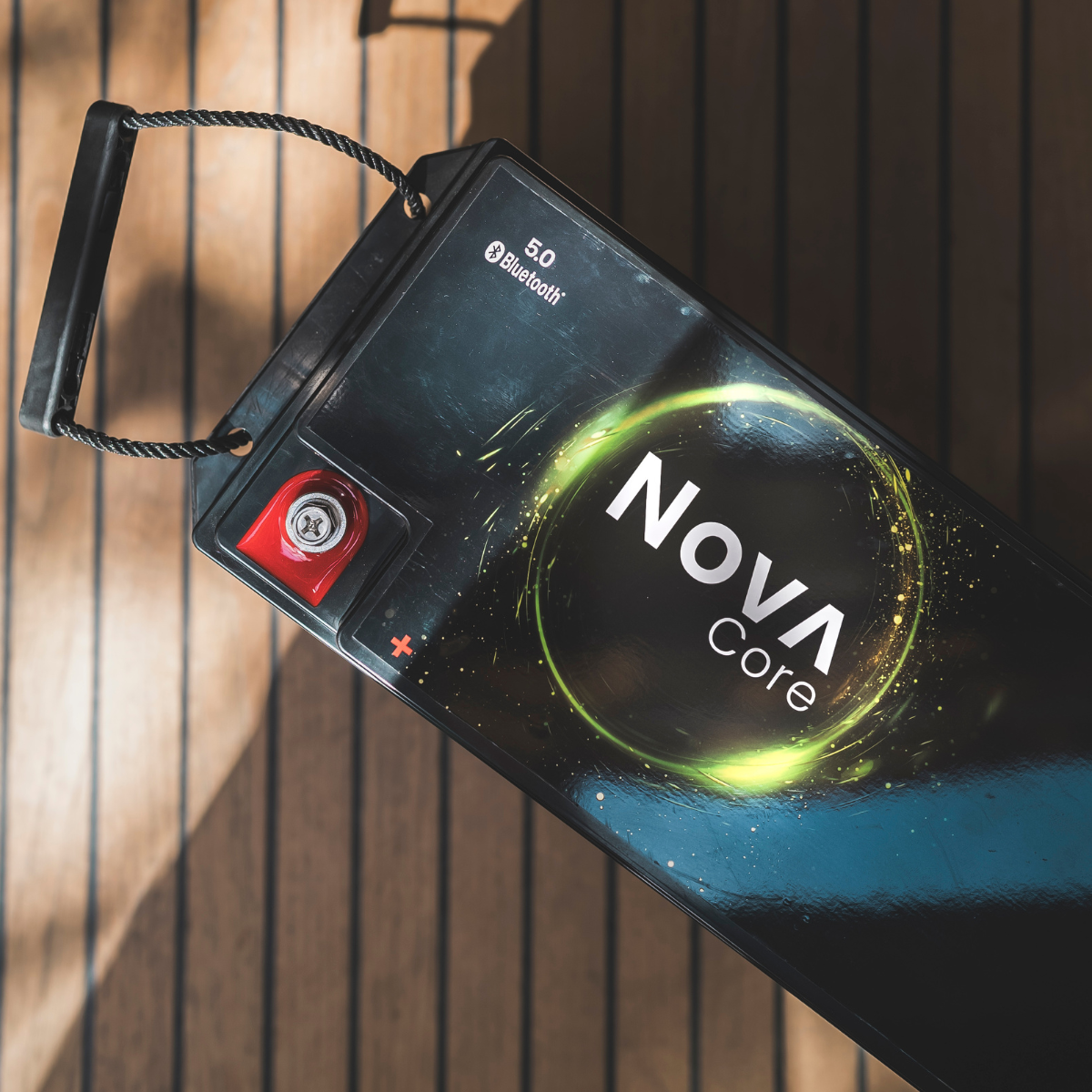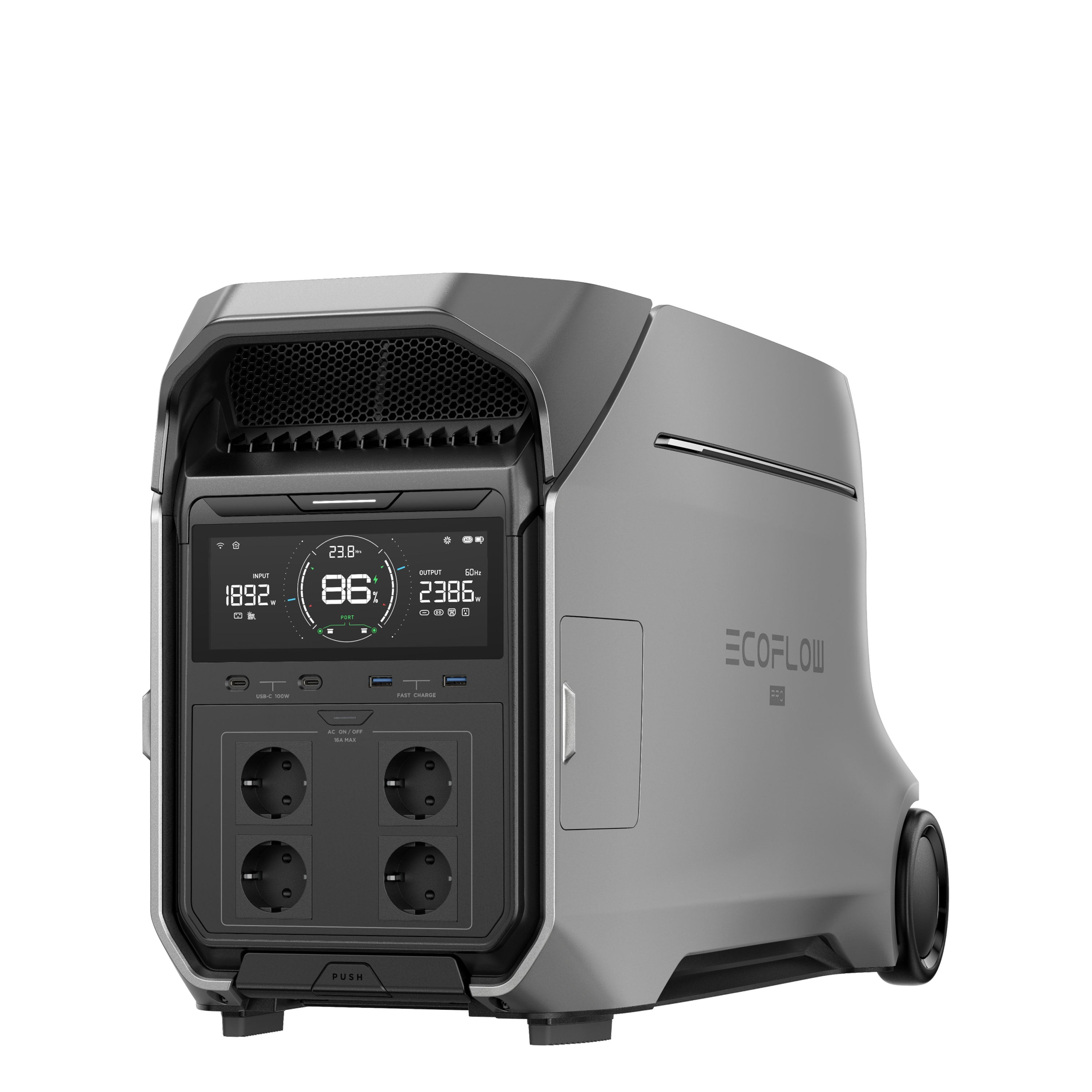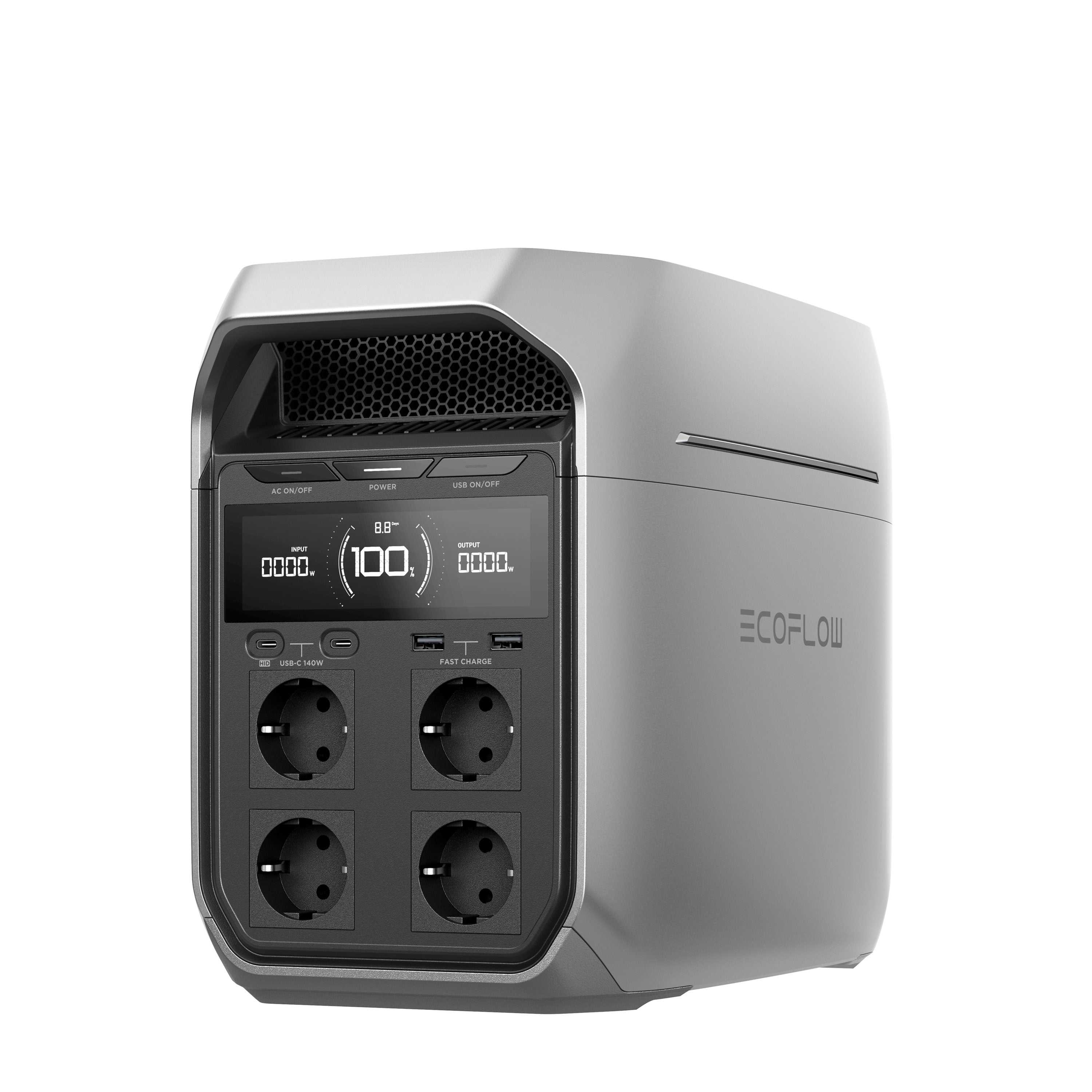Home storage – your solar power available at any time
With a home storage system, you become independent of the public power grid and significantly reduce your energy costs. Excess electricity from your photovoltaic system is no longer fed into the grid but stored locally – and is available to you exactly when you need it: in the evening, at night, or during bad weather. This maximizes your self-consumption rate and protects you from rising electricity prices.
What advantages does home storage offer you?
- Independence from the power grid: Use your own solar power even when the sun isn't shining.
- Energy efficiency and cost savings: Reduce your electricity bill permanently – the higher your self-consumption, the greater the savings.
- Live sustainability: You use your PV system more efficiently and make an active contribution to the energy transition.
- Security and failover protection: Many systems offer backup features in the event of a power outage – ideal for households with critical infrastructure.
- Intelligent control: Smart home storage systems can be monitored and optimized via an app – transparently and in real time.
Which home storage is right for you?
We offer a variety of storage sizes, technologies (e.g., LiFePO4 ), and systems from renowned manufacturers. Whether for a single-family home, outbuilding, or weekend home, we'll help you select the right storage solution for your PV system and your power needs.
Tip for more self-sufficiency
Combine your home storage with an emergency power function or a wallbox for your electric car and increase your independence to over 80%.
Discover home storage now and become more independent from the power grid!
FAQ | 6 frequently asked questions about home storage systems
How does a home storage system work?
A home storage system stores the excess solar power from your PV system and makes it available again when needed – e.g. in the evening, at night or in bad weather.
What are the advantages of a home storage system?
You use more of your own electricity, reduce your energy costs, increase your independence and are protected against power outages.
What capacity is the right one?
For single-family homes, storage capacities of 5–15 kWh are usually suitable, while 3–5 kWh is appropriate for smaller households or holiday homes. Larger systems can be expanded modularly.
What is the difference between a home storage system and a power station?
Power stations are mobile and flexible, while home storage systems are installed in a fixed location and permanently integrated into the home network.
How safe is LiFePO₄ technology?
Very safe. LiFePO₄ cells are thermally stable, gas-free, and have an integrated battery management system (BMS) for optimal protection.
Can I combine my home energy storage system with EcoFlow?
Yes, Solarkontor is an official reseller and partner of EcoFlow. Systems like PowerOcean or PowerStream can be easily integrated with PV systems and controlled via app.



















